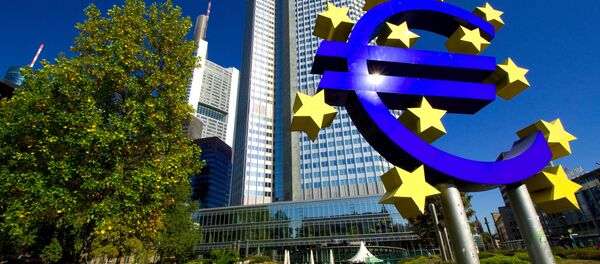"The revenues and expenditures of the budget, which was approved by the Seimas [Lithuanian parliament], were planned proceeding from the fact that the economic growth would stand at 3.4 percent. We think that in this year Lithuanian economic growth would most likely range from 2.6 percent to 2.8 percent. Therefore, politicians should act responsibly," Butkevicius said in an interview with Lietuvos Radija ir Televizija radio.
Lithuanian Finance Minister Rimantas Sadzius previously expressed concerns over the country's economic growth. In December, he claimed that it would remain at 2.7-2.9 percent throughout 2015.
In September, the country's Finance Ministry said in a forecast that the Lithuania's GDP would grow by 3.4 percent in 2015.
Earlier in January, Stasys Jakeliunas, the prime minister's financial adviser, blamed the government for focusing too much on the introduction of the euro, overlooking other important economic issues facing the country.
On January 1, Lithuania became the 19th European Union member to adopt the euro. The European Commission announced Lithuania's accession to the euro zone in June 2014.




